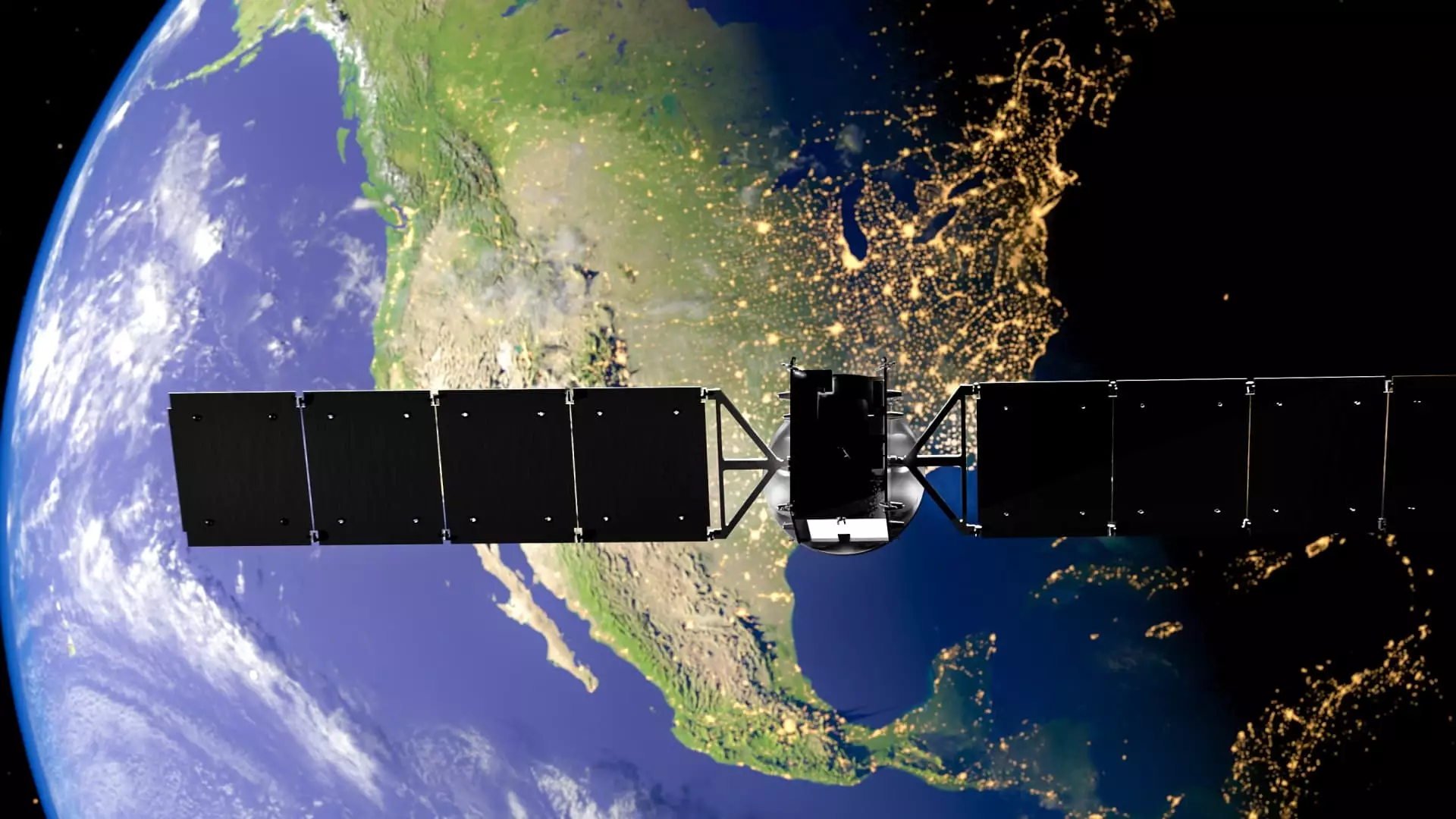Almost half a century ago, the United States Air Force pioneered the deployment of the Global Positioning System (GPS), setting into motion a technological advancement that would revolutionize navigation. Today, GPS is no longer merely a military asset; it is woven into the very fabric of the global economy. The Commerce Department’s estimates suggest that GPS has generated over $1.4 trillion in economic benefits, underlining its importance to a plethora of industries ranging from transportation and agriculture to finance. The potential economic fallout from a GPS outage is alarming, with figures suggesting we could see losses in the vicinity of $1 billion per day. It is against this backdrop that the U.S. Space Force has initiated the Resilient Global Positioning System (R-GPS), a multi-billion dollar program aimed at ensuring that this vital service remains uninterrupted and reliable.
As we venture deeper into the age of technological reliance, the need for a backup system has become patently clear. The existing 31 GPS satellites are integral not only to civilian life but also to national security operations. This growing dependency highlights a significant vulnerability: the risk posed by adversaries such as Russia and China, who may seek to disrupt or degrade U.S. satellite communications. Recognizing this immediate threat, Pentagon leaders have prioritized the development of R-GPS. Lieutenant Colonel Justin Deifel of the Space Force succinctly encapsulates the system’s importance by likening GPS to utilities such as water and electricity, fundamentally necessary for both daily life and military operations.
To bring the R-GPS vision to fruition, the Space Force has reached out to the commercial space sector to harness technological innovation. Recently, contracts were awarded to four companies: Astranis, Axient, L3 Harris, and Sierra Space. This partnership is particularly significant for companies like Astranis, which has been diversifying its portfolio beyond satellite internet services and is now venturing into the realm of positioning, navigation, and timing (PNT) services. Through its Nexus product line, Astranis aims to provide satellite solutions that align with the needs of the R-GPS program. John Gedmark, CEO of Astranis, emphasizes the burgeoning interest from the U.S. national security community in high orbits, suggesting that the military is increasingly recognizing the capabilities of next-generation small satellites.
The budget for the R-GPS initiative is substantial, with projections estimating costs between $1.2 billion and $1.9 billion for a complete constellation of at least 24 satellites over the next five to six years. Space Systems Command has structured its funding to encourage rapid development through a process known as “Quick Start,” which has allowed for the acceleration of contract awards and design studies. This streamlined approach is unprecedented in the military’s historical context and may serve as a model for future space initiatives. During an eight-month “phase zero” period, the selected companies will initiate critical design work, leading to subsequent stages where construction can commence.
Challenges and Future Outlook
Despite the promising advancements associated with the R-GPS program, challenges remain. For instance, Astranis faced difficulties when its inaugural satellite malfunctioned due to external factors. Nonetheless, Gedmark’s confidence in his company’s experience operating in geosynchronous orbits is encouraging. What sets Astranis apart is its track record in deploying a low-cost, radiation-hardened satellite, which could be beneficial as they embark on the R-GPS mission.
As the design phase culminates, the Space Force is expected to finalize partnerships with one or more companies for the construction and deployment of R-GPS satellites. With an anticipated launch of the first batch by 2028, the initiative stands to not only safeguard existing GPS operations but also to redefine the landscape of satellite navigation.
In summation, the Resilient Global Positioning System initiative represents a proactive step toward securing an invaluable technological asset against emerging threats in a rapidly changing geopolitical landscape. As we continue to rely heavily on GPS technology for both civilian and military applications, the development of a backup system like R-GPS is not just prudent but necessary. The collaboration with the commercial sector promises to push the boundaries of technological capabilities and ensure reliability in navigation services for decades to come.

